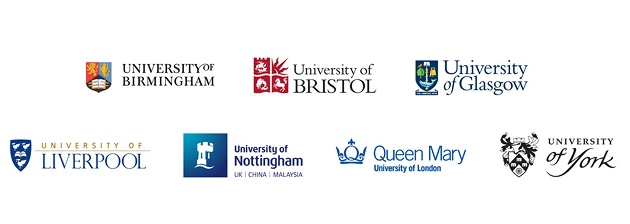Search Universities
| Country | University | |
|---|---|---|
- Home page /
- Universities /
- Switzerland
Switzerland
UNIVERSITIES WHERE YOU CAN STUDY BEST
-
Ecole Polytechnique Federale Lausanne
-
University of Bern
-
University of Basel
-
University of Lausanne
-
University of Geneva
-
University Della Svizzera Italiana
-
University of St Gallen
-
University of Neuchatel
-
Zhaw Zurich university of Applied sciences
-
University of Applied sciences and arts of western Switzerland








Arzuwlaryma yol açan merkez
Men bu merkezde diňe bilim däl, eýsem uly goldaw we ruhlandyryjy gurşawy tapdym. Mugallymlaryň sabyrlylygy we ugrukdyryşy üçin örän minnetdar.More
Gurbanýazowna Gülşat Begenjowa
Student
Netijeli bilim, güýçli maksat
Globalda okamak bilen bilimime bolan garaýşym düýpgöter üýtgedi. Indi men maksat goýmagy we şoňa tarap sabyr bilen işlemäni öwrenýärin.More
Gurbanýazowiç Omar Gurbanýazow
Student
Globalda alan tejribän
Men "Global" okuw merkezine gatnap başlanym bäri özümi has kämilleşdirdim. Indi men daşary ýurt okuwlaryna girmäge taýýarlanýaryn. Bu ugurda maňa "...More
Nazarow Bagtyýar Begnazarowiç
Student